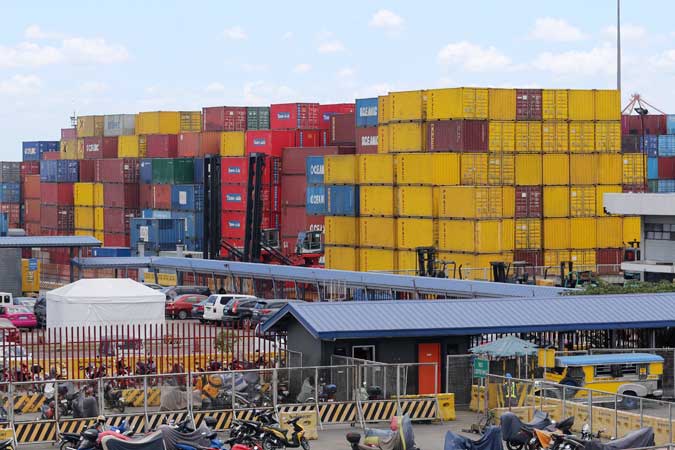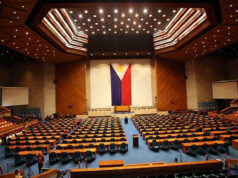PHL exporters seek support amid carbon tax proposal

By Jenina P. Ibañez, Reporter
PHILIPPINE EXPORTERS are seeking financial and technological support from developed countries to address carbon emissions as the world’s biggest economies mull climate-related tariffs on traded goods.
The European Union (EU) last month unveiled a proposal to impose carbon border taxes on carbon-intensive overseas businesses, which was designed to protect European industries cutting emissions from being at a competitive disadvantage to imports.
In the United States, Democrats in their budget plan proposed a tax on imports from countries that do not have strong climate change policies.
“There has to be a fair approach,” Philippine Exporters Confederation, Inc. (Philexport) Chairman George T. Barcelon said in a phone interview last month. “If (developed countries) are more advanced in technology, there should be technological targets.”
“All these industrialized countries that started 150 years ago somehow have to take responsibility too. What they are imposing now are burdens on developing countries to follow this stringent policy at their own expense.”
The EU policy could take effect in 2026 and is expected to affect countries like China and Russia most, or large exporters of aluminum and steel. Proposed tariffs would first be placed on steel, aluminum, cement, fertilizers and electricity.
An analysis from the United Nations Conference on Trade and Development (UNCTAD) found that the tariffs based on a carbon price of $44 per ton could translate to a $5.9-billion income loss for developing nations against income gains among developed countries.
“Developed countries, as a group, wouldn’t suffer export declines since many tend to employ production methods that are less carbon intensive in the targeted sectors than many developing nations,” UNCTAD said.
Developed countries are expected to experience higher welfare loss when the tariff is introduced, however, while effects on employment could be minimal for most economies.
In principle, Mr. Barcelon said that larger economies looking to impose carbon tariffs should contribute more to helping reduce emissions.
“There should be a counterpart, wherein can you help finance some of this pollution reduction projects in our country?”
Several manufacturing industries, he said, use power linked to carbon emission. And exporters charged with carbon tariffs would shift the costs to buyers, he added.
Sergio R. Ortiz-Luis, Jr., Philexport president, said in a mobile message that exporters are focused on addressing global supply chain woes and pandemic-related losses.
Container shortages and an ensuing surge in freight rates are causing shipment delays and losses for companies, the industry group said in May.
“With so many logistics and financial problems on the table, I don’t know exporters are even doing anything about the carbon tariffs,” he said.



